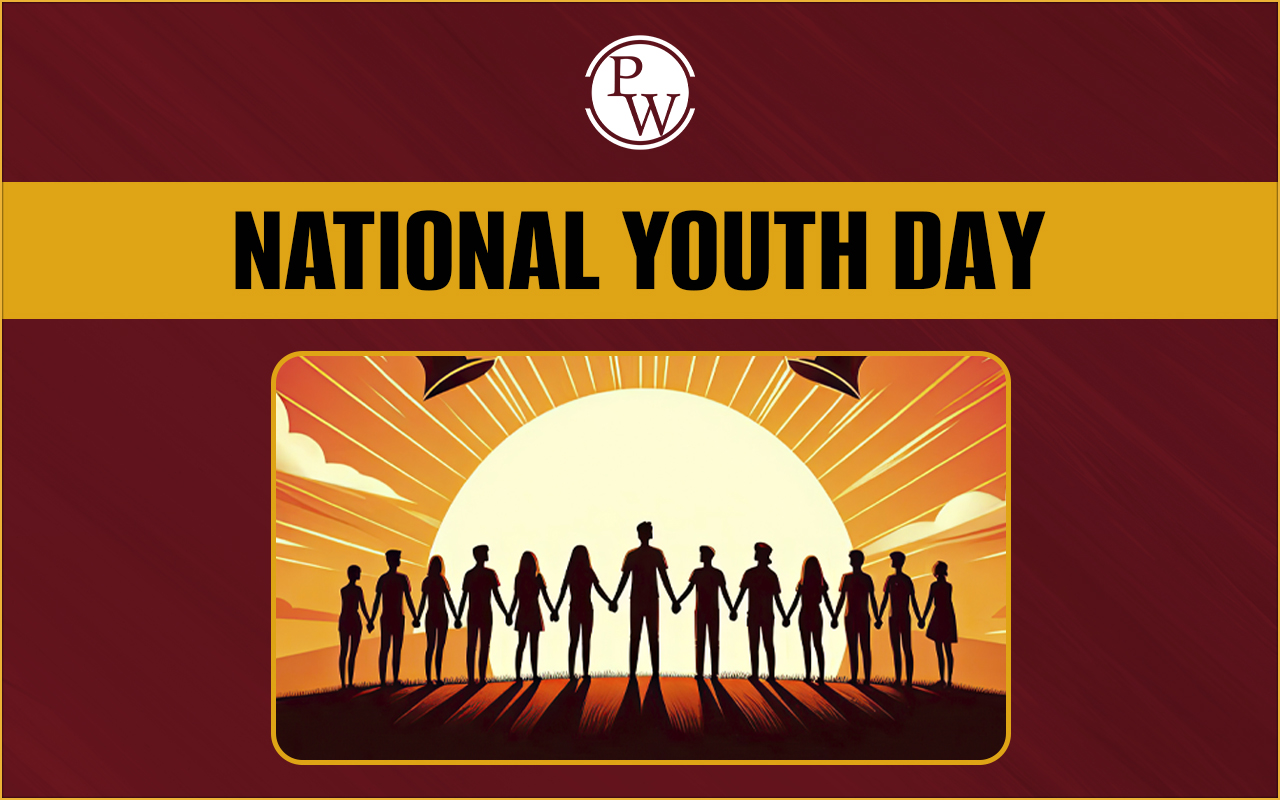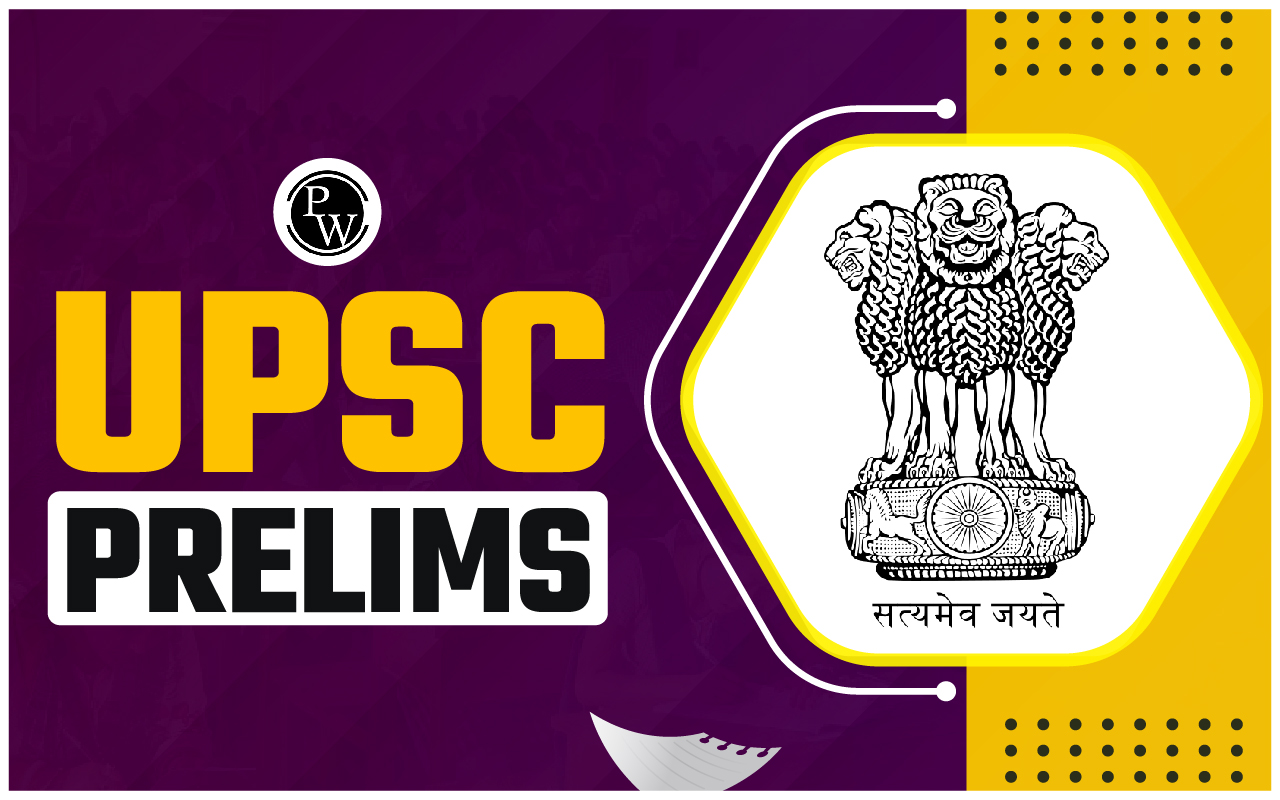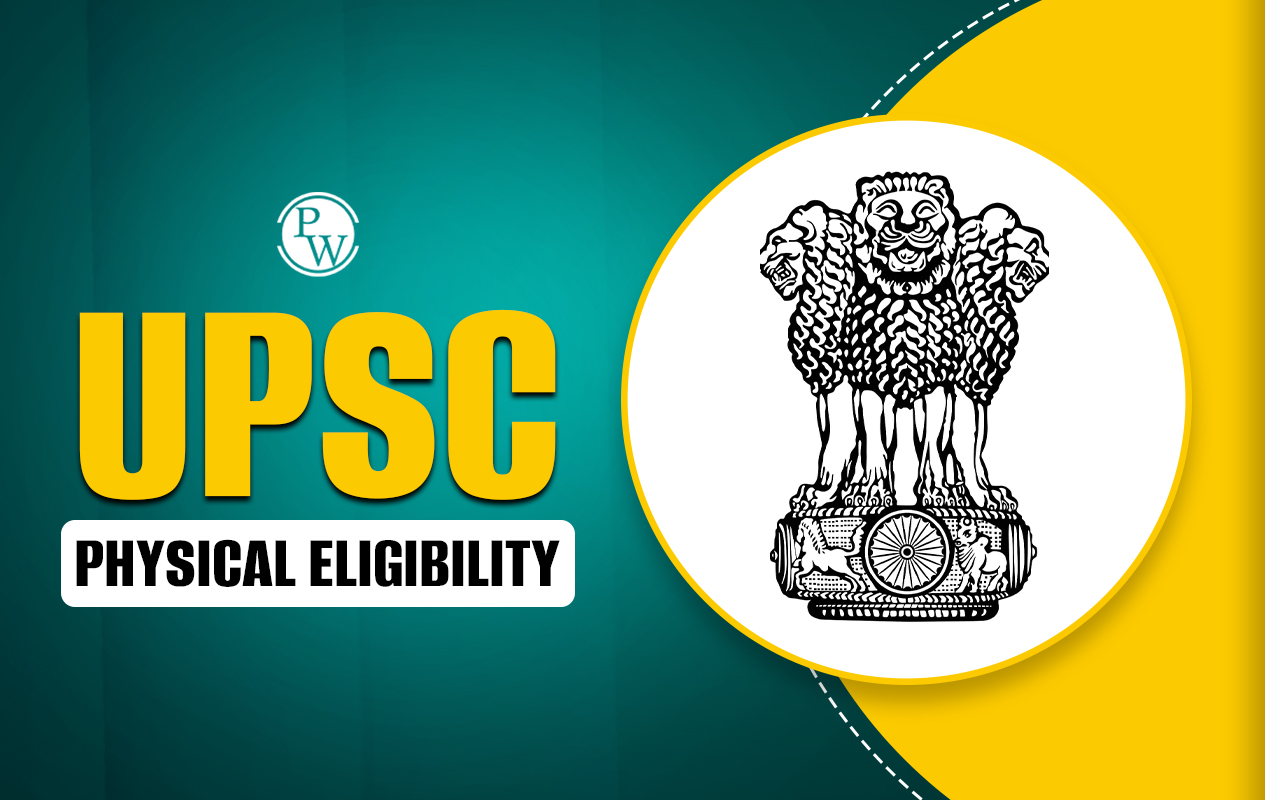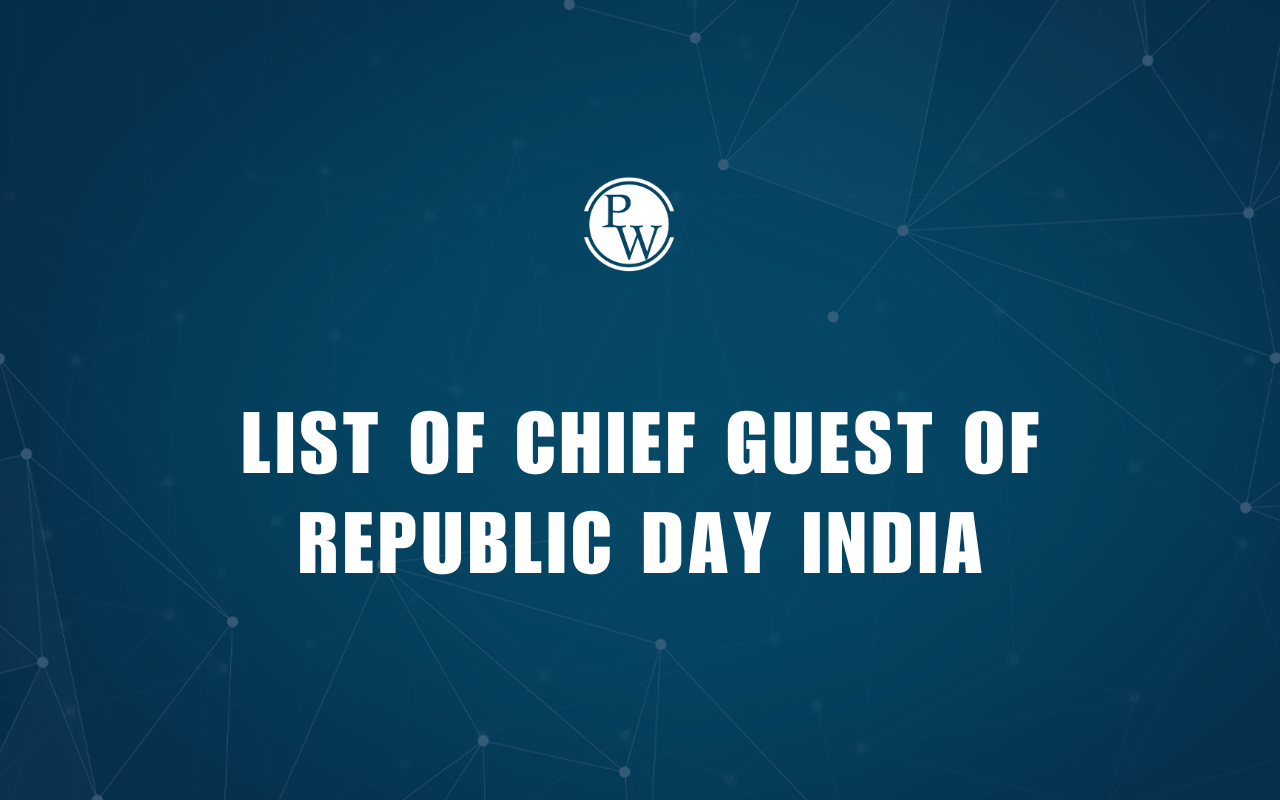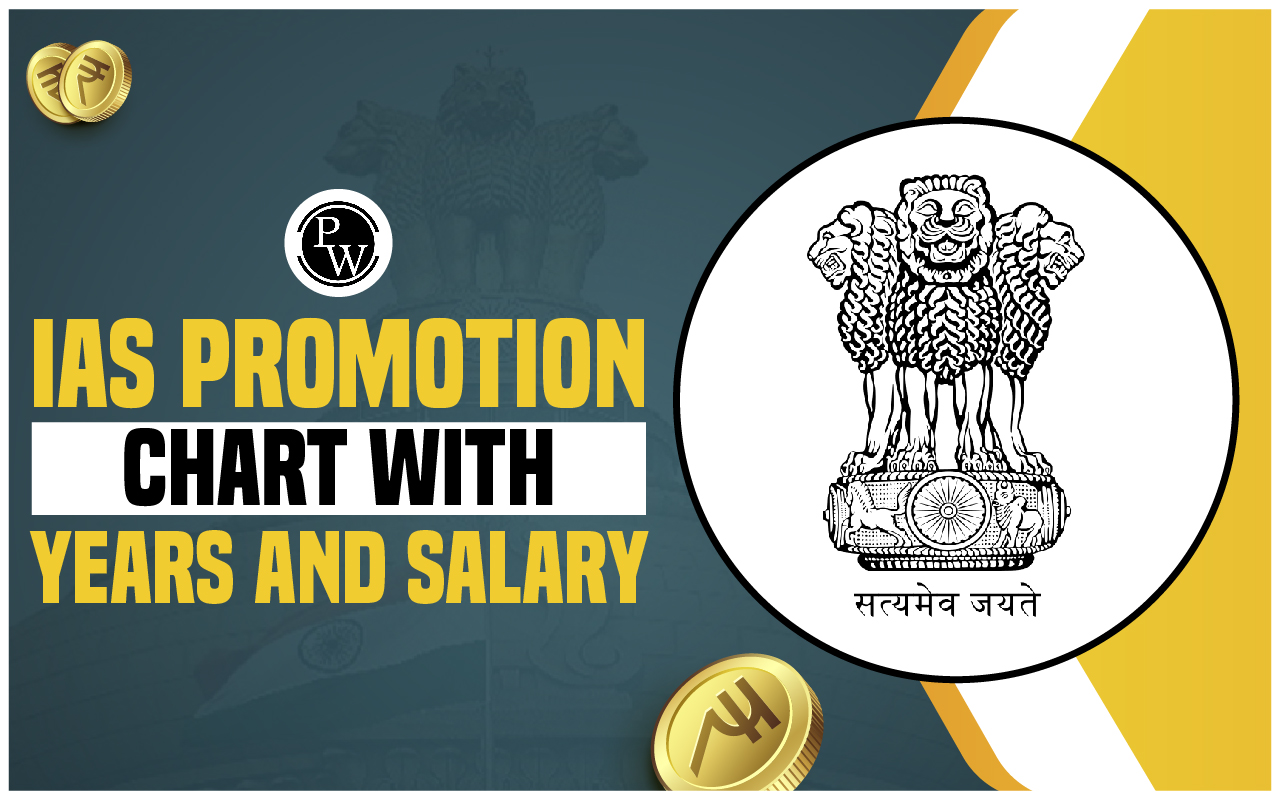
Veer Savarkar Jayanti 2025, on 28 May 2025, marks the 142nd birth anniversary of Vinayak Damodar Savarkar, affectionately known as "Veer Savarkar." On this day, people across India pay tribute to his sacrifice and commitment to India’s freedom. Many cultural programs, seminars, essay competitions, and events are organised to honour his memory. Read on to learn more about Veer Savarkar Jayanti 2025!
Veer Savarkar Jayanti 2025
Vinayak Damodar Savarkar, popularly known as Veer Savarkar, was a revolutionary freedom fighter, poet, writer, and political thinker. His bold thoughts and fierce patriotism made him one of the most controversial yet influential figures in India’s freedom movement. Every year, his birth anniversary is celebrated with pride and remembrance across the country.
Government officials, students, and civil society members participate in floral tributes and remembrance events to mark Veer Savarkar Jayanti 2025. His portrait is garlanded, and his contributions are discussed in schools and universities.
Also Read: Important National and International Days 2025
Biography of Veer Savarkar
Veer Savarkar was born on 28th May 1883 in Bhagur village, near Nashik, Maharashtra. His full name was Vinayak Damodar Savarkar. From a young age, he was deeply influenced by stories of Indian resistance against British rule. He founded a revolutionary group called Mitra Mela, which later became Abhinav Bharat Society.
Savarkar was a brilliant student. He went to Fergusson College in Pune and then moved to London in 1906 on a scholarship to study law at Gray’s Inn. While in London, he joined India House and became a leading figure in the Indian revolutionary movement abroad. Here is a brief overview of his biography:
| Biography of Veer Savarkar | |
| Full Name | Vinayak Damodar Savarkar |
| Also Known As | Swatantryaveer Savarkar |
| Birth | May 28, 1883, Bhagur, Nashik, Maharashtra |
| Family Background | Marathi Hindu Chitpavan Brahmin family; parents: Damodar and Radhabai Savarkar; siblings: Ganesh, Narayan, Mainabai |
| Spouse | Yamunabai |
| Education | Fergusson College, Pune; Barrister at The Honourable Society of Gray’s Inn, London |
| Political Ideology | Hindu nationalism (Hindutva) |
| Early Activism | Founded Mitra Mela (1903), later Abhinav Bharat Society (1904/1906) with brother Ganesh |
| Revolutionary activities | Advocated armed resistance against British rule; involved in revolutionary activities in India and UK |
| Notable Writings | The Indian War of Independence, 1857 (banned by British); Hindutva: Who is a Hindu? |
| Imprisonment | Arrested in 1910, sentenced to 50 years (two life terms), imprisoned in Cellular Jail, Andaman and Nicobar Islands |
| Release | Released in 1924 after mercy petitions; interned in Ratnagiri till 1937 |
| Social Reform | Campaigned against untouchability, promoted caste equality, women’s rights, inter-caste dining, and temple entry |
| Later Life | President of the Hindu Mahasabha (1937-1943). |
| Death | February 26, 1966, Bombay (now Mumbai) |
| Cause of Death | Sallekhana Prayopavesa (death by fasting) |
Veer Savarkar’s Contribution to National Freedom Movements
Veer Savarkar played a crucial role in shaping the revolutionary phase of India’s struggle for independence. His ideas were radical and different from the moderate and Gandhian approaches. He believed that freedom could not be achieved through petitions and non-violence alone. Here are the key contributions of Veer Savarkar to India’s freedom movement:
-
Founded the Abhinav Bharat Society to train youth in revolutionary ideas.
-
Authored ‘ The Indian War of Independence 1857’, which presented 1857 as a national struggle rather than a mutiny.
-
Promoted armed resistance against British rule while in London.
-
Became the first political prisoner to be sentenced to two life terms (total 50 years) and was sent to Cellular Jail, Andaman.
-
Inspired many revolutionaries like Bhagat Singh, Subhas Chandra Bose, and Lala Har Dayal.
-
After his release, he actively promoted Hindu unity and nationalist thought through speeches and writings.
-
Advocated social reforms like ending caste discrimination and promoting widow remarriage.
Though his ideology was not aligned with the Congress, his contributions to India’s independence were significant. He focused on cultural nationalism and encouraged Indians to take pride in their heritage.
Veer Savarkar’s Books
Veer Savarkar was not just a revolutionary; he was also a prolific writer. His books, essays, and poems played a crucial role in awakening patriotic feelings among Indians. He used his pen to fight against colonial narratives and promote nationalist ideology. Some of his most famous books include:
-
The Indian War of Independence 1857: It was one of the first books to call the 1857 uprising a national struggle.
-
Hindutva: Who is a Hindu? In this book, Savarkar explained his idea of cultural nationalism and defined the term Hindutva.
-
The Story of My Transportation for Life: A powerful autobiographical account of his experiences in the Andaman Cellular Jail.
-
Six Glorious Epochs of Indian History: A historical analysis showcasing India’s resistance against invaders across centuries.
Some more famous works include Letters from Andamans, Historic Statements by Savarkar, Hindu Rashtra Darshan, Inside the Enemy Camp, Hindu Pad Padashahi, and काला पानी.
Veer Savarkar’s Death and Legacy
Veer Savarkar passed away on 26th February 1966 in Mumbai. He had voluntarily undertaken atmaarpan (self-willed death) by giving up food and medicines, declaring that his mission was complete. His death marked the end of an era. However, his legacy continues to shape India’s political and cultural discussions even today.
Also, Check Veer Savarkar's Death Anniversary 2025
Here is a brief look at his legacy:
-
Considered a pioneer of Hindutva ideology, which influences current political thought.
-
Honoured posthumously by the Government of India, the airport at Port Blair is named Veer Savarkar International Airport.
-
His life story is taught in schools, and his works are studied in colleges.
-
Inspires discussions on nationalism, social reform, and civil liberties.
-
Regarded as a bold reformer, a strong critic of untouchability, and an advocate of women's rights in Hindu society.
Veer Savarkar was a man of rare courage, vision, and determination. His role in India’s freedom struggle, his writings, and his ideas continue to influence generations. On his Jayanti, let us remember his sacrifice and learn from his life.
Want to understand India’s history better? Join PW’s UPSC Courses and prepare smartly with mentors and curated study material!
Veer Savarkar Jayanti 2025 FAQs
What is Veer Savarkar Jayanti date?
Why is Veer Savarkar famous?
What is the name of Veer Savarkar's famous book on 1857?
Where was Veer Savarkar imprisoned during British rule?
What is Veer Savarkar contribution to social reform?




